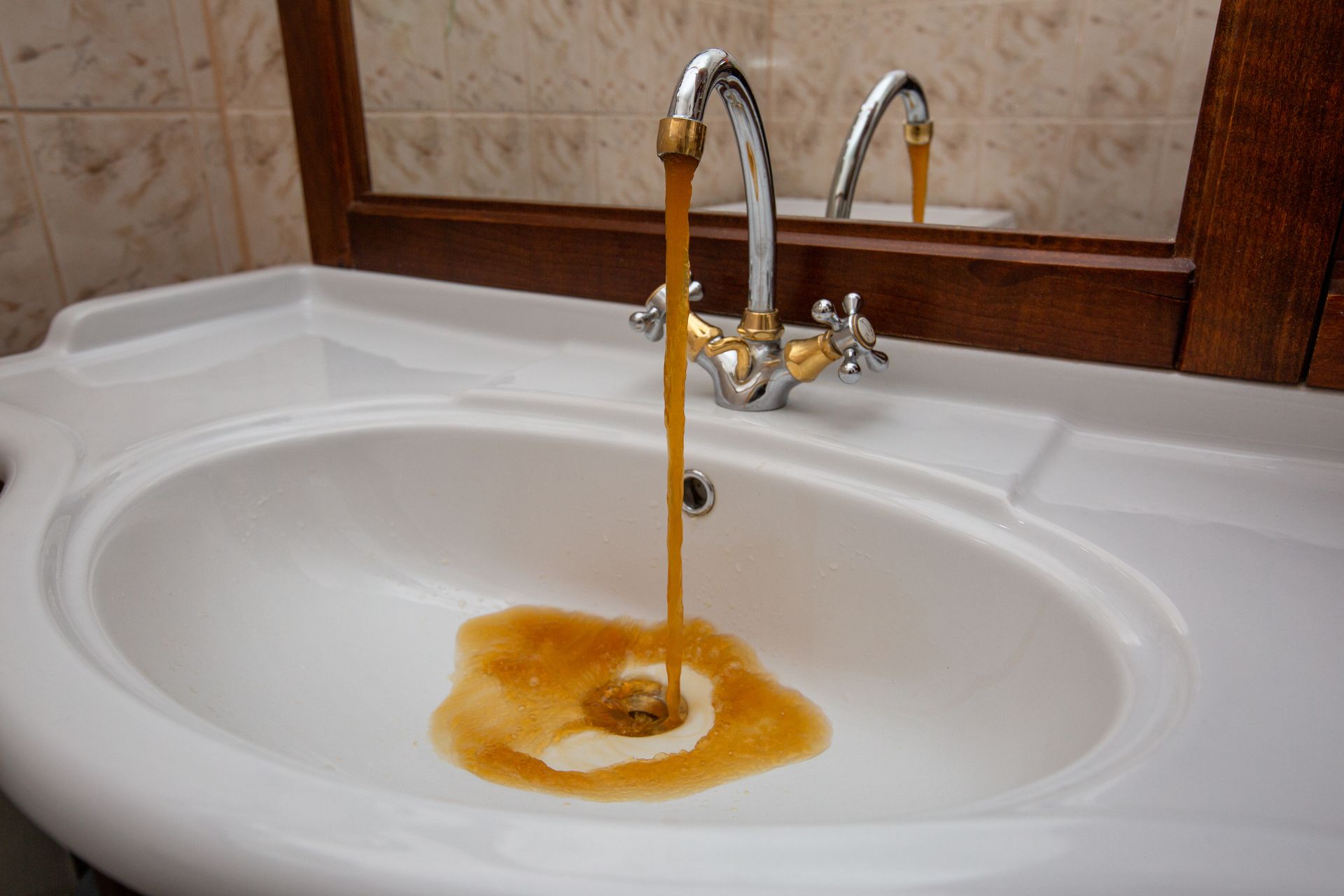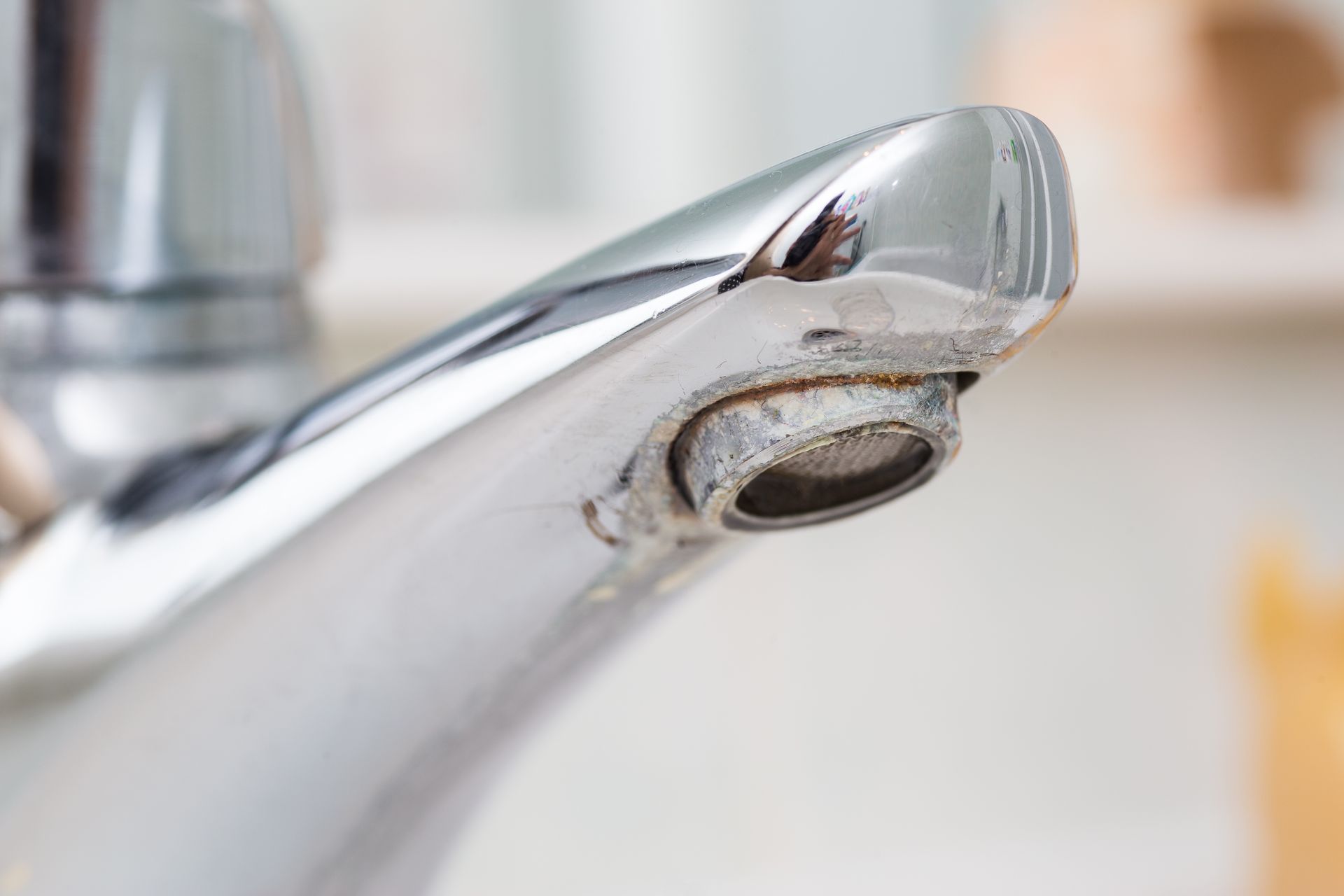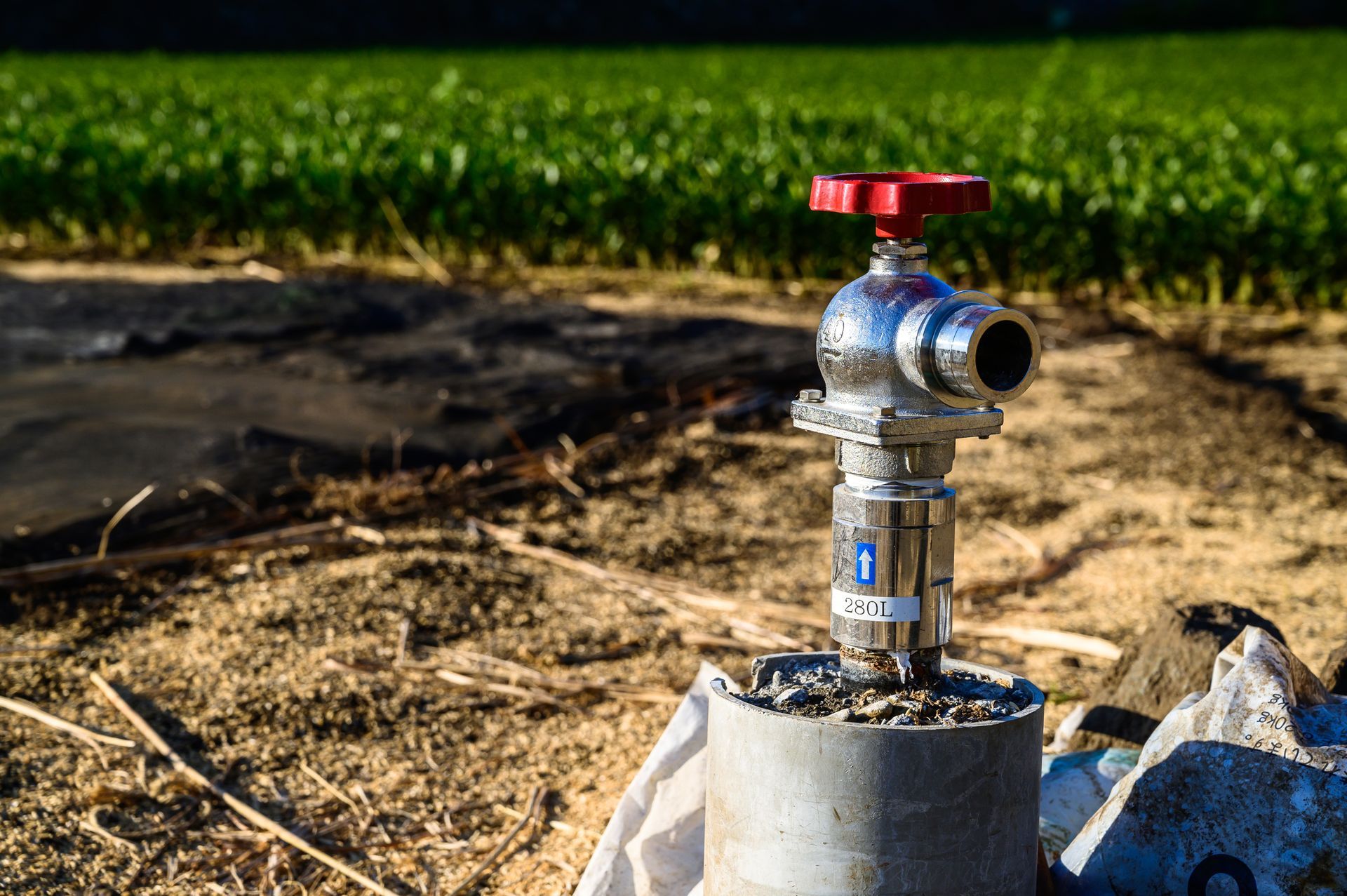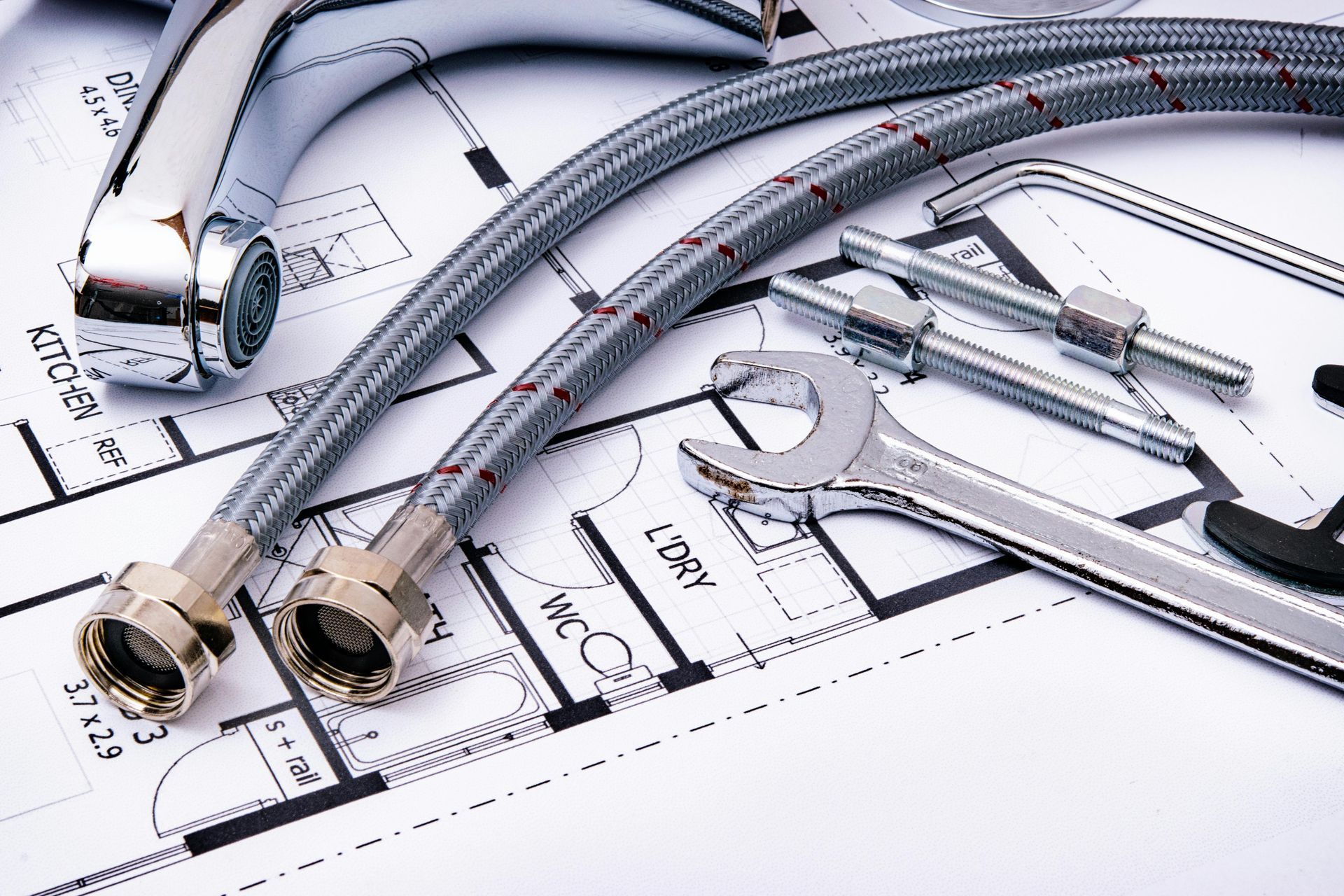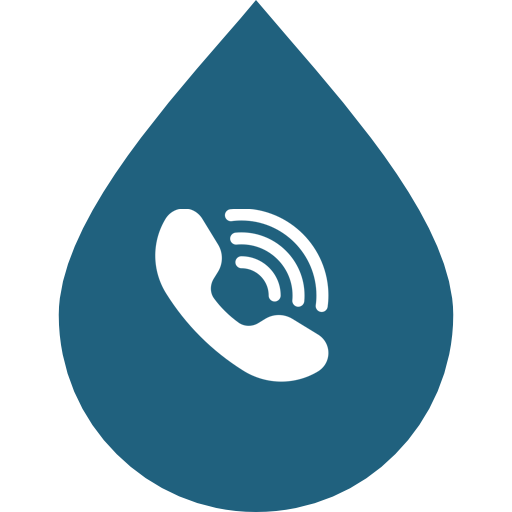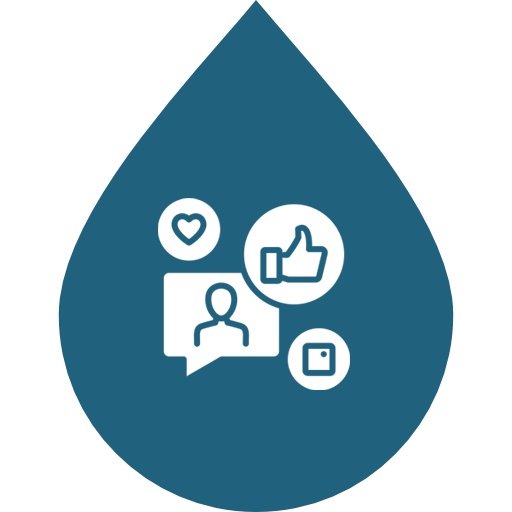Matt Meek LLC
Hard Water Problems: Why a Water Softener is Essential for Your Business
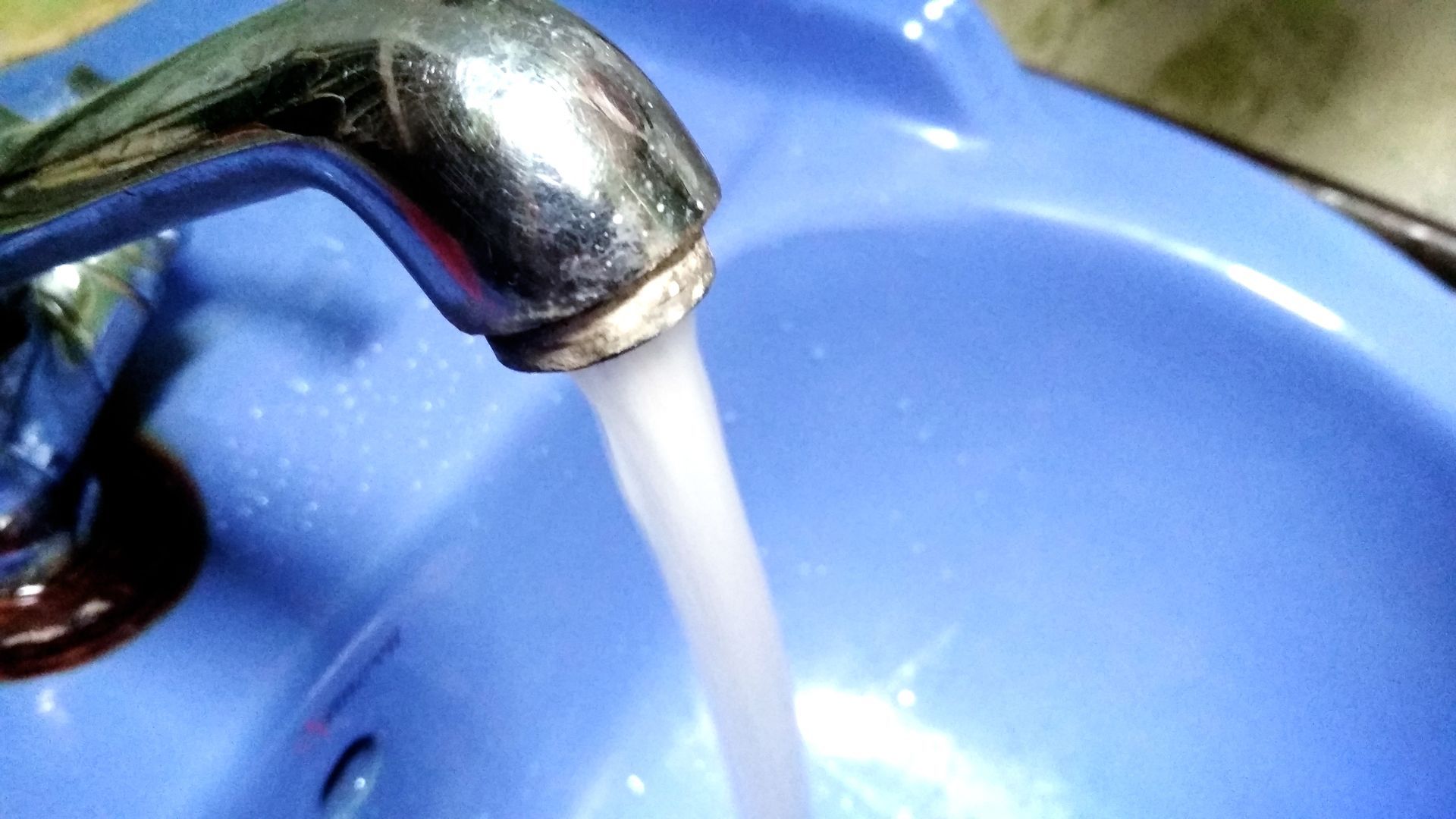
Slide title
Write your caption hereButton
Hard water is a common issue affecting many businesses, especially in areas like Hartsville, IN, where minerals like calcium and magnesium are prevalent in the water supply. While hard water might not pose serious health risks, it can lead to various operational challenges and increased costs for businesses. Installing a water softener is a smart investment that can help mitigate these problems. In this blog post, we'll explore the issues caused by hard water and how a water softener can be a game-changer for your business.
Understanding Hard Water: What Is It and Why Is It a Problem?
Hard water is packed with dissolved minerals, mainly calcium and magnesium. These minerals can cause a range of issues, including:
- Scaling: The buildup of mineral deposits, known as scale, can occur in pipes, appliances, and fixtures. This scaling can reduce water flow, decrease the efficiency of appliances, and increase energy costs.
- Soap Scum: Hard water reacts with soap to form soap scum, which can leave residue on dishes, laundry, and surfaces. This not only affects cleanliness but can also lead to increased use of cleaning products.
- Skin and Hair Issues: Hard water can leave a residue on the skin and hair, causing dryness and irritation. This can be particularly problematic for businesses in the hospitality industry, where guest comfort is a priority.
The Impact of Hard Water on Business Operations
For businesses, the impact of hard water can be far-reaching. Some of the most common issues include:
- Increased Maintenance Costs: Scaling can cause damage to plumbing systems, water heaters, and other appliances. This leads to more frequent repairs and replacements, increasing operational costs.
- Decreased Efficiency: Appliances such as dishwashers, water heaters, and coffee machines can become less efficient due to scale buildup. This not only reduces their lifespan but also increases energy consumption.
- Reduced Customer Satisfaction: For businesses in the hospitality, food service, and healthcare industries, hard water can negatively affect the quality of service. For example, it can result in cloudy glassware, stained linens, and unpleasant water for drinking or bathing.
Benefits of Installing a Water Softener for Your Business
A water softener is a device that removes minerals from water, effectively "softening" it. Here are some key benefits of installing a water softener in your business:
- Prolonged Appliance Life: By preventing scale buildup, a water softener helps extend the lifespan of appliances and plumbing systems, saving money on repairs and replacements.
- Improved Efficiency: Soft water improves the efficiency of appliances, reducing energy consumption and lowering utility bills.
- Enhanced Cleaning: Soft water interacts better with soaps and detergents, resulting in cleaner dishes, laundry, and surfaces. This can improve the overall appearance and hygiene of your business.
- Better Customer Experience: In businesses where water quality is noticeable, such as hotels and restaurants, soft water can enhance the customer experience by providing better-tasting water, softer linens, and more comfortable showers.
Types of Water Softeners: Choosing the Right One for Your Business
There are different types of water softeners available, each with its own advantages:
- Salt-Based Ion Exchange Softeners: These are the most common type and work by exchanging calcium and magnesium ions with sodium ions. They are effective but require regular maintenance to replenish the salt supply.
- Salt-Free Water Conditioners: These systems use a physical process to prevent minerals from forming scale. They are easier to maintain but may not be as effective in areas with extremely hard water.
- Dual-Tank Softeners: Ideal for businesses with high water usage, dual-tank systems have one tank in operation while the other regenerates, ensuring a constant supply of soft water.
- Magnetic and Electronic Descalers: These are less common and work by altering the electromagnetic properties of the water. They are easy to install but may not be as effective in all situations.
When choosing a water softener, consider factors like the hardness of your water, your business's water usage, and the specific needs of your industry.
Maintaining Your Water Softener: Tips for Optimal Performance
To ensure your water softener operates efficiently, regular maintenance is essential:
- Check Salt Levels: For salt-based systems, regularly check and replenish the salt supply. Use high-quality salt to prevent issues like salt bridging.
- Clean the Brine Tank: Periodically clean the brine tank to remove any buildup of impurities.
- Inspect the Resin Bed: Over time, the resin bed can become fouled with iron or other contaminants. Use a resin cleaner if necessary to maintain efficiency.
- Monitor Water Hardness: Regularly test your water hardness to ensure your softener is working effectively. Make necessary adjustments to improve performance.
A well-maintained water softener can provide years of reliable service, protecting your investment and enhancing the quality of your water.
Contact Matt Meek LLC for Expert Water Softener Installation
If your business in Hartsville, IN, is struggling with hard water problems, Matt Meek LLC is here to help. Our expert team can assess your water quality, recommend the best water softener for your needs, and handle the installation with professionalism and efficiency. Don't let hard water affect your operations and customer satisfaction. Contact us today at (812) 344-3559 to schedule a consultation and take the first step towards softer, cleaner water for your business.
Matt Meek LLC offers
general plumbing,
water heaters,
water softeners, and
well pumps to get your business up and running.
FAQs about Well Pump Upgrades
-
What is hard water?
Hard water is water that contains high levels of dissolved minerals, primarily calcium and magnesium. These minerals can cause scaling and soap scum, affecting appliances and cleaning processes.
-
How can I tell if my business has hard water?
Common signs of hard water include limescale buildup on fixtures, reduced efficiency of appliances, soap scum on surfaces, and dry skin or hair after washing.
-
What are the perks of using a water softener?
A water softener reduces scaling, improves appliance efficiency, enhances cleaning, and provides a better experience for customers in industries like hospitality and food service.
-
How frequent does my water softener require maintenance?
Regular maintenance includes checking salt levels monthly, cleaning the brine tank annually, and inspecting the resin bed. Specific maintenance needs may vary based on the type of water softener and water hardness.
-
Can a water softener improve the taste of my water?
Yes, a water softener can improve the taste of water by removing minerals that can cause a metallic or unpleasant taste. However, for the best drinking water quality, consider using a separate water filtration system.
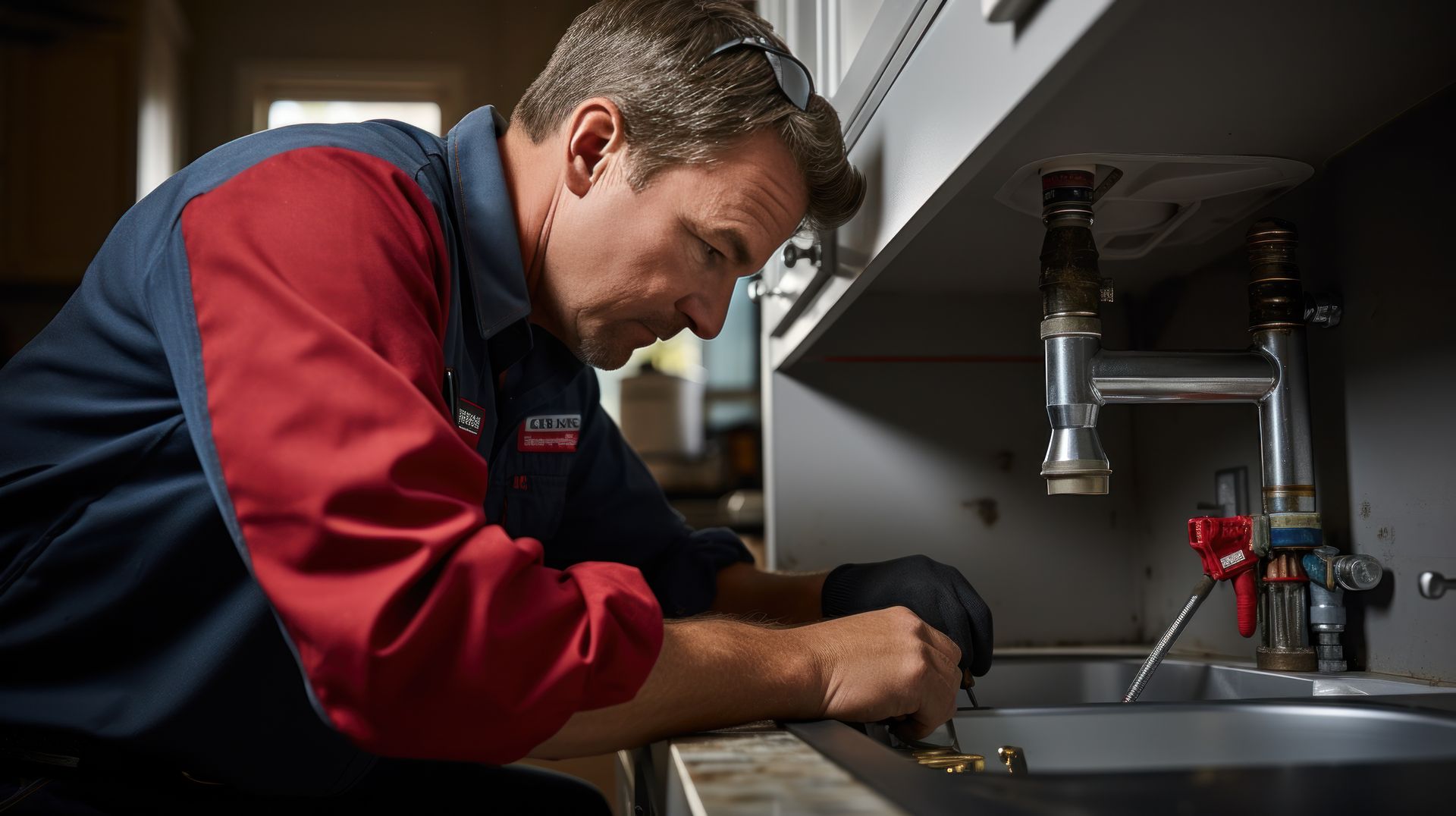
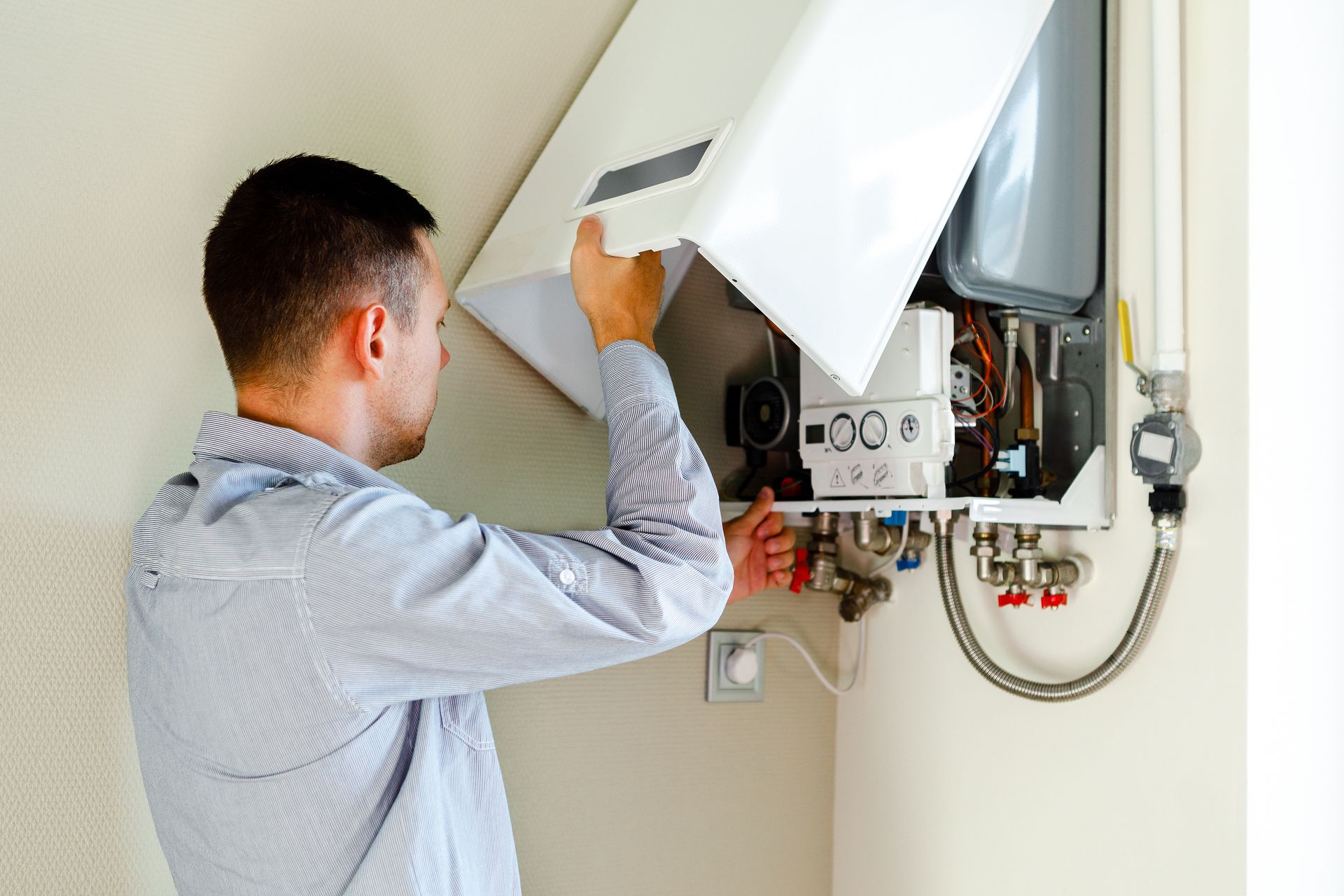
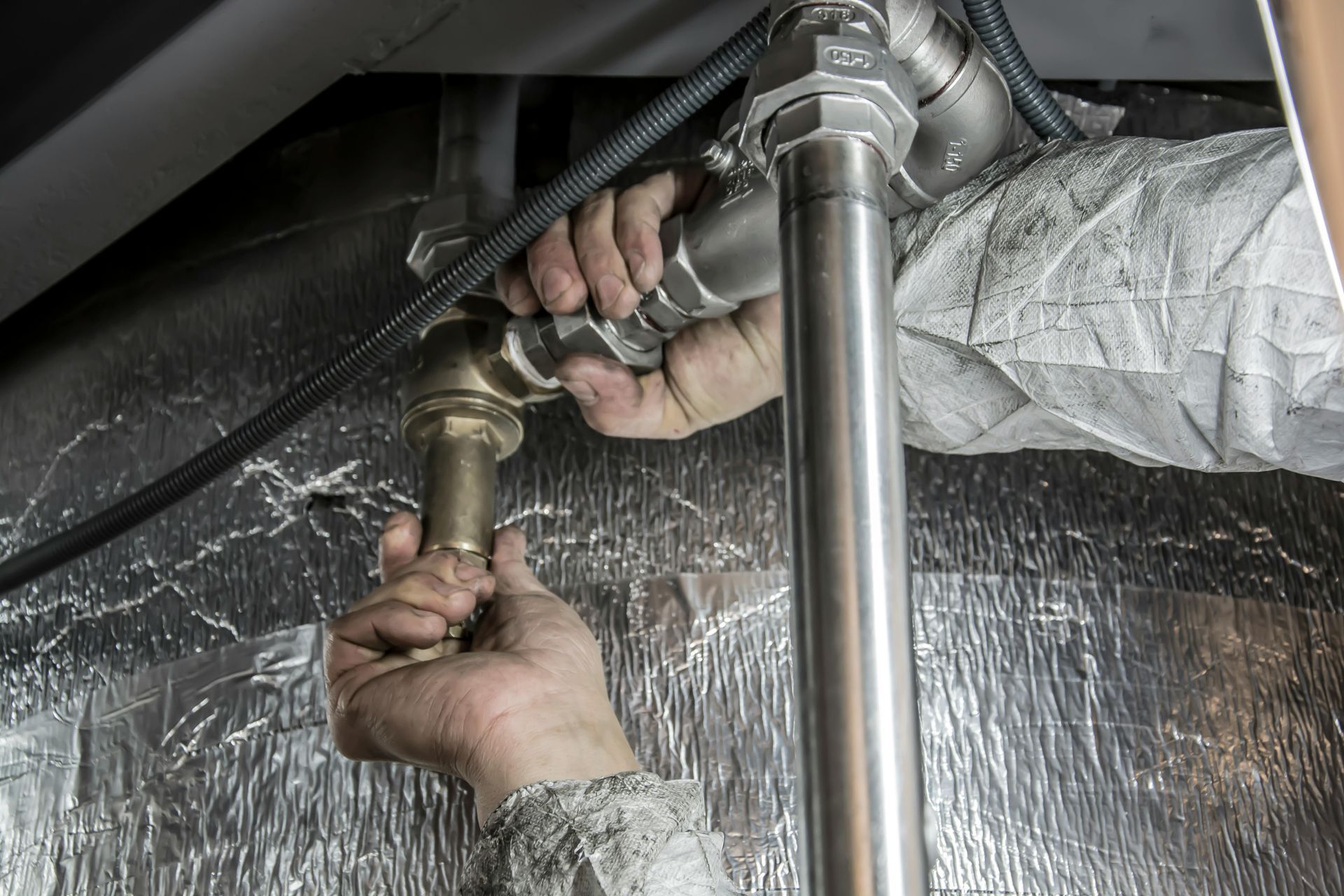

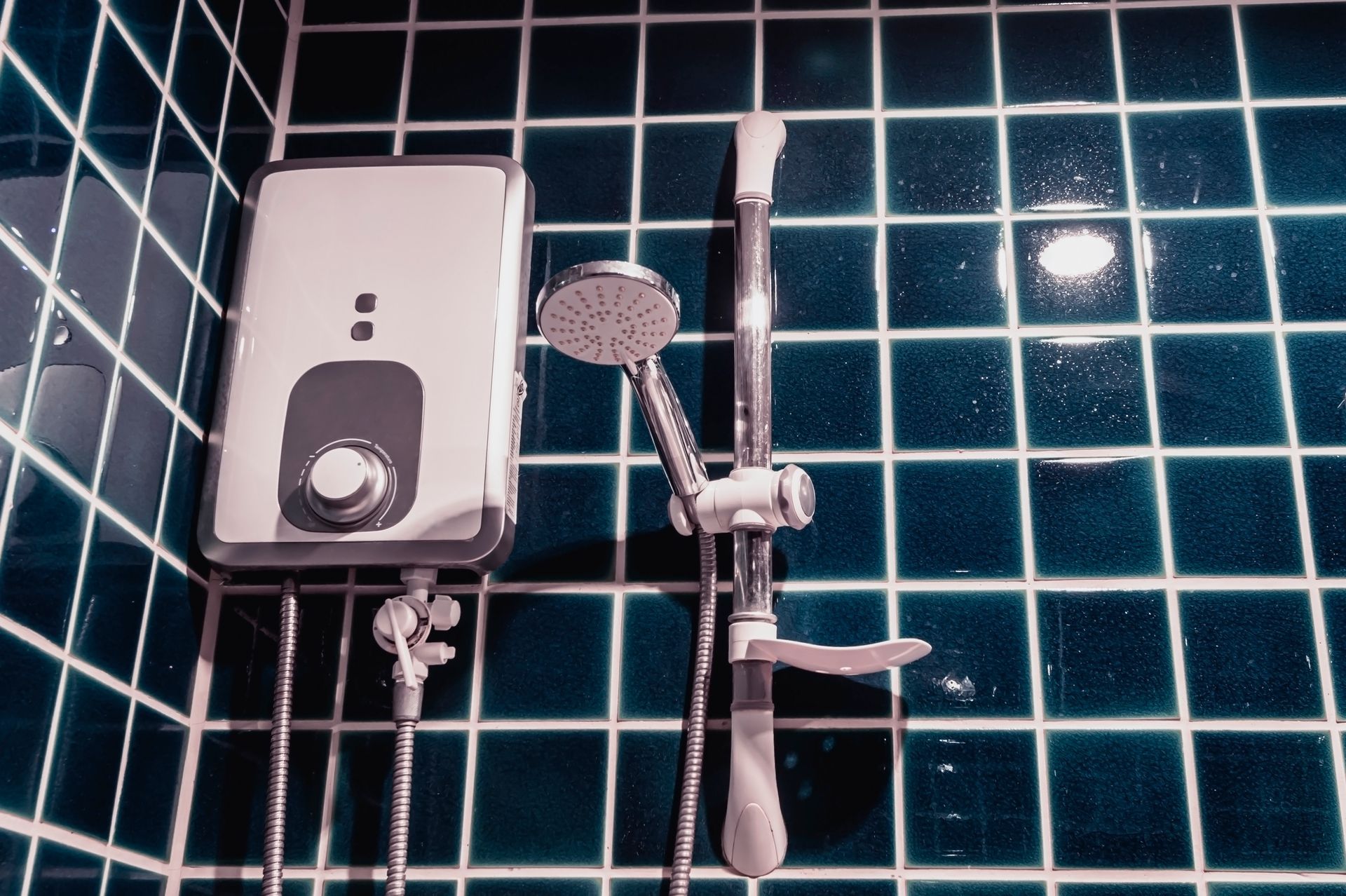





We provide a variety of professional plumbing services in the Greenwood, Hartsville and Columbus, IN areas
Areas Served:
Our plumbing contractors provide courteous, friendly, affordable, and effective residential plumbing services.
All Rights Reserved | Matt Meek LLC

